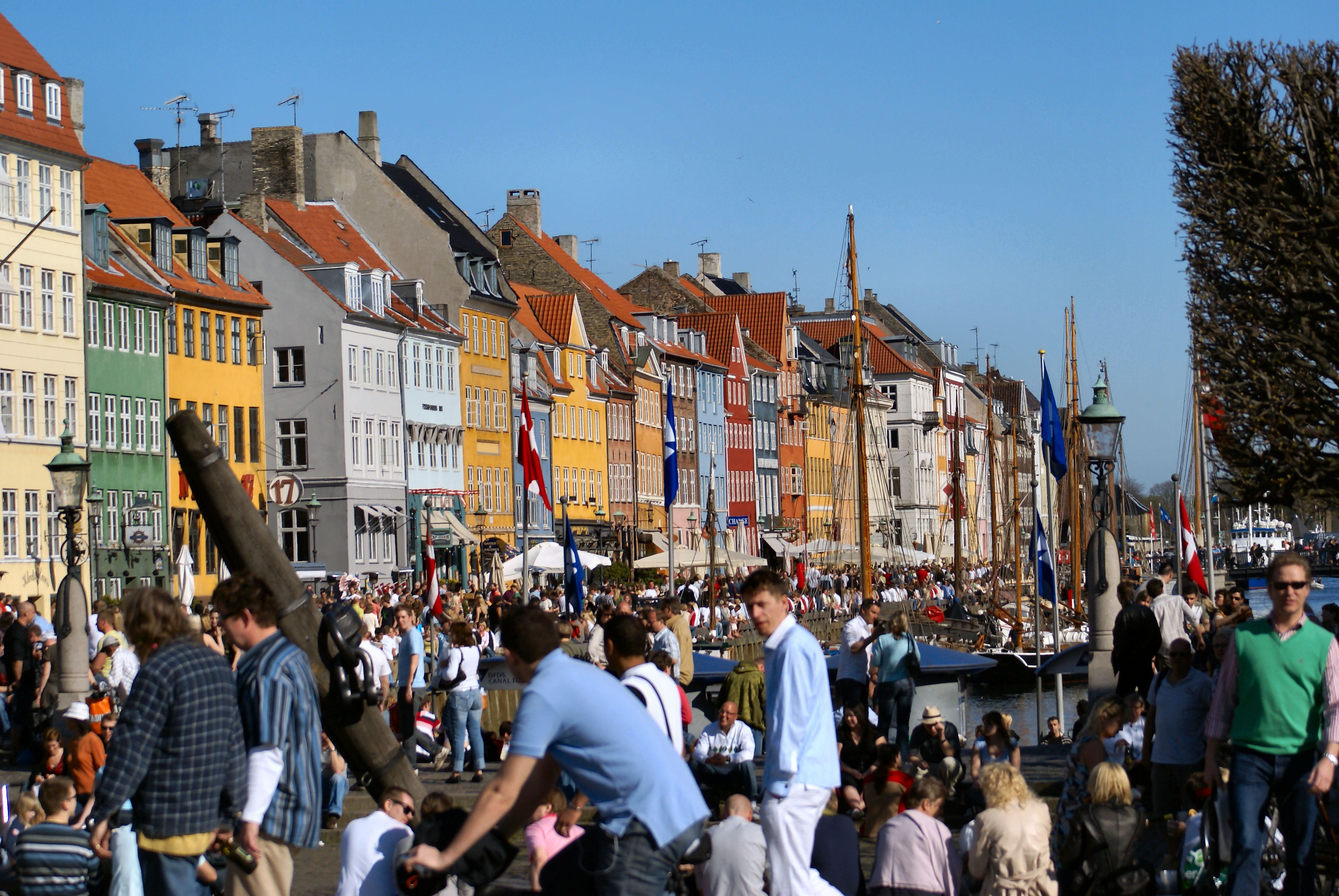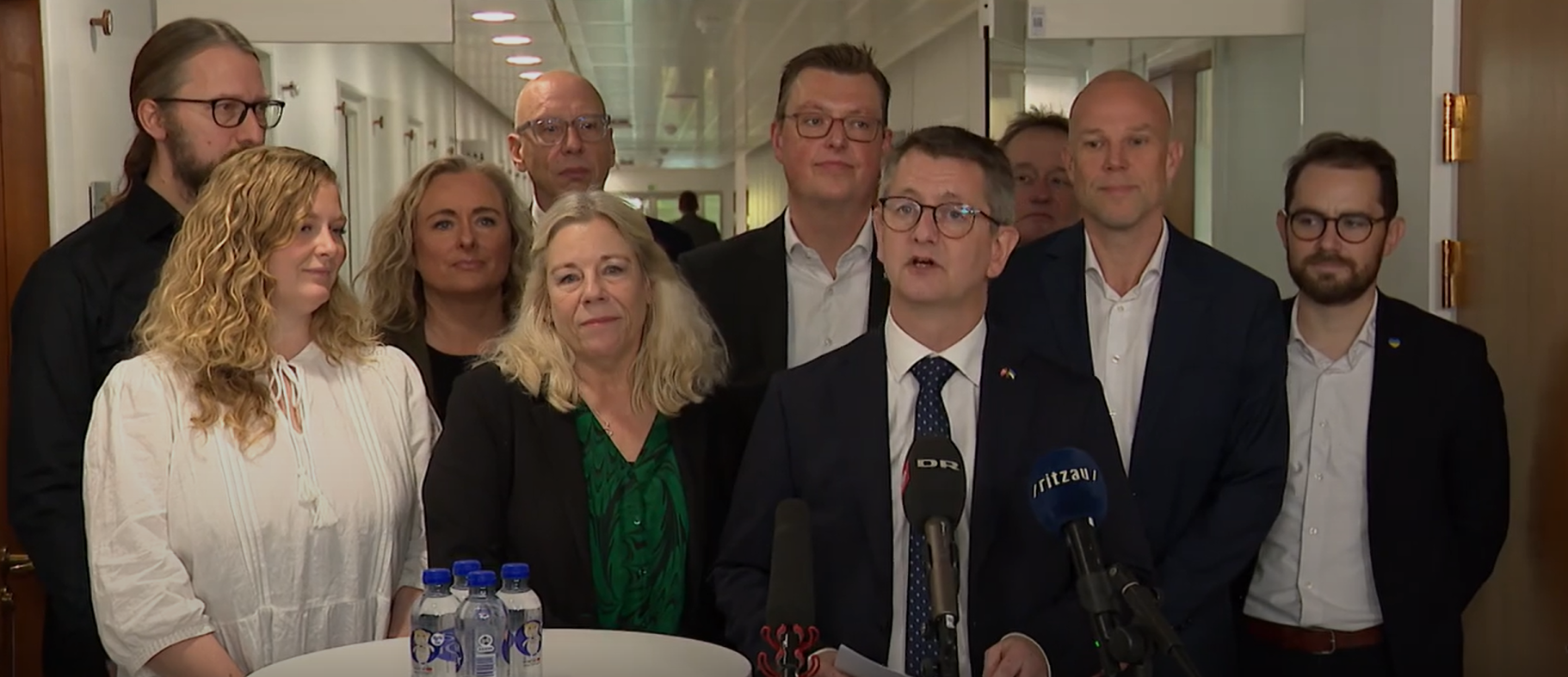Louisiana, Gl Strandvej 13, Humlebæk; starts Fri, ends May 4, open Tue-Fri 11:00-22:00, Sat-Sun 11:00-18:00; entry: adults 110kr, concessions available; www.louisiana.dk
What is Arab identity to you? Does it make you think of Arabian nights or the Arab spring? What emotions does the question stir in you? Shame, thrill, nervousness, curiosity?
I ask, because for most non-Arabs living in the West these days, the range of cultures that gather under the ‘Arab’ umbrella remains an enigma. The one-sidedness of the exposure to the Arab World has made the whole of it somehow unapproachable – many sensible people try to avoid the topic like a political minefield.
Edward Said, the Palestinian-American intellectual and author of Orientalism, the foundational work of the whole field of Post-Colonial studies, put it as follows in an interview with the National: “So far as the United States seems to be concerned, it is only a slight overstatement to say that Muslims and Arabs are essentially seen as either oil suppliers or potential terrorists. Very little of the detail, the human density, the passion of Arab-Muslim life has entered the awareness of even those people whose profession it is to report on the Arab World. What we have, instead, is a series of crude, essentialised caricatures of the Islamic world, presented in such a way as to make that world vulnerable to military aggression.”
Denmark is arguably more refined in its caricatures, but here too, contentious issues have a way of plainly not being addressed.
But disregarding or benevolently romanticising a set of cultures is only slightly better than assuming ‘they’re all potential terrorists’, because the real problem lies not in what you think of these peoples, forgetting that they are people. People with quirks, allergies and identities.
So, to come back to our question, what is Arab identity? Well, there is none. What is called the Arab World consists of 22 countries stretching from the Arabian Peninsula through Lebanon and Morocco. And the only common feature is, no – not religion, but the principle language of Arabic (though many of its variations are mutually unintelligible).
This may not be the most satisfying answer, but to come up with a better one you will have to do some work. And by work I mean spending an afternoon in a museum.
Following the success of New Nordic, on Friday Louisiana will be opening its doors to the second chapter in its Architecture, culture and identity series: Arab Contemporary. The exhibition tries to trace commonalities in architecture and visual culture, without losing sight of the heterogeneity of ‘the Arabian’. A crossover of architecture, art, photography and film will tell personal stories and show examples of architectural projects in new cities like Dubai, old Yemenite civilizations and even older deserts. A topical focal point will be the relationship between the private and public space, a relationship which social and political transformations are continuing to impact, though most local architects, unlike street artists, are still too constrained by their economic dependencies to realise truly innovative architectural projects.
If you still wonder about the question of an Arab identity, check www.louisiana.dk for a listing of lectures held in connection with the exhibition. A number of cultural personalities will be giving their answers – answers that are sure to offer a colourful contrast to both envisaged terrorist strongholds and the exotic dream-images of an Orient that doesn’t exist.











